On Thursday, August 2nd, 12 Eco-Ambassadors, two Office of Sustainability staff members and one intern visited the Casella Waste Systems Inc. Material Recovery Facility located in Charlestown, MA.
The visit was facilitated by Gretchen Carey, the Recycling & Organics Coordinator from Republic Services, Tufts’ waste hauler. Once we arrived at the facility, Mark Evans of Casella’s Commercial and Municipal Business Development Department explained the recycling process, what kinds of materials are processed at the facility, and the dos and don’ts of recycling.
A typical recycling lecture may simply end there. However, given China’s new policies about what recycled materials they will accept from the U.S. that has had a significant impact on the U.S. recycling industry, Mark spent a majority of the time explaining the current state of global recycling systems and what it means for the U.S.
How China influences the U.S. recycling industry
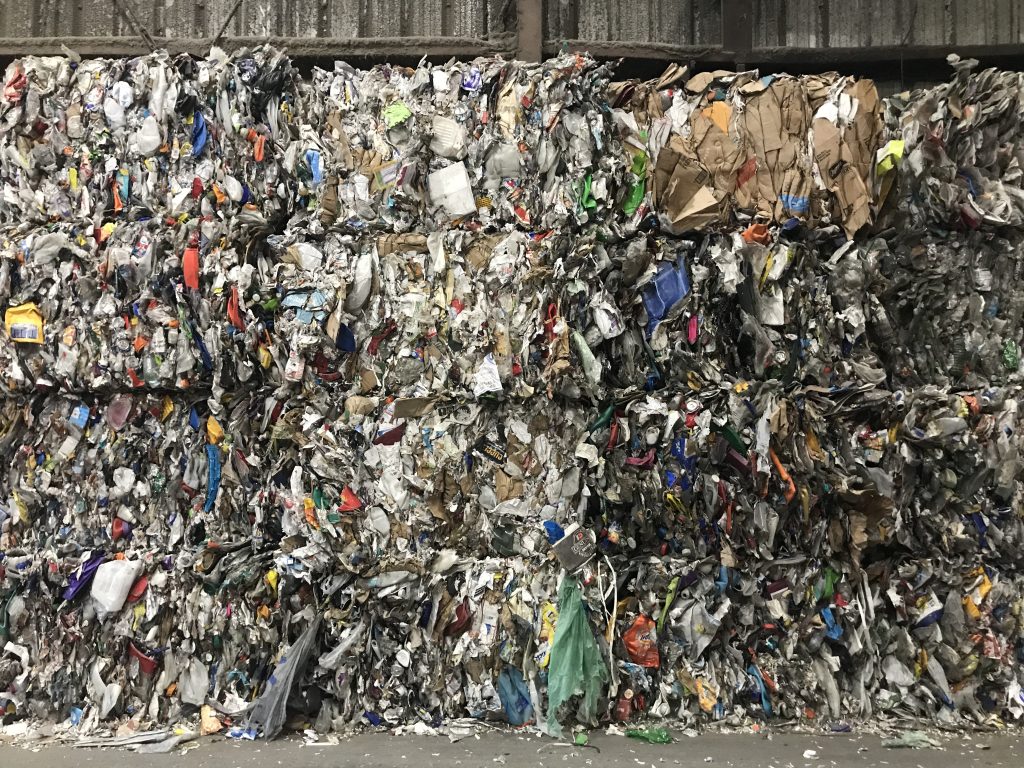
Mark explained that 800 – 1000 tons of materials are processed at their facility each day. The facility does not have the capacity to store a large amount of materials at a time. After materials are sorted and baled, they get shipped to places that will take the recycled materials and use them to manufacture new products.
In recent years, around 90% of all recycled materials sorted by Casella were exported to China. This is different than when Mark first started working in the business, when only around 20% of the material was exported. Back then, a majority of the materials would go to domestic processing plants which have since been shut down due to China’s domination of the market.
The current problem
In the last few months, China stopped accepting recycled materials from the U.S. due to the level of contamination of U.S. recycled materials. This is in large part due to their desire to increase implementation of environmental policies.
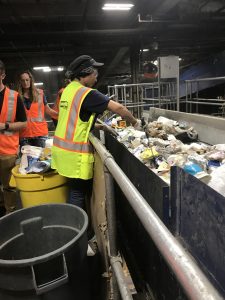 In the U.S., recycling has moved to be collected in a single stream in most locations, meaning that all recyclable items can be disposed of in a single container. The contents are then separated and processed in a plant like the one we visited. Contamination is an inherent problem with mixed recycling.
In the U.S., recycling has moved to be collected in a single stream in most locations, meaning that all recyclable items can be disposed of in a single container. The contents are then separated and processed in a plant like the one we visited. Contamination is an inherent problem with mixed recycling.
In recent years, due to the switch to automated waste collection, there is no one to physically monitor the items being hauled into the recycling trucks and delivered to the recycling plants. According to Mark, on average, the material that comes through Casella’s plant has a contamination level of around 10-20%.
One of the largest hits to Casella is associated with mixed paper – basically anything that is not cardboard or newspaper. Casella used to be able to sell mixed paper to Chinese companies for around $80-90 a ton. Now, they have to pay to get rid of it. As a result, Casella had to increase what they charge their customers for processing their recycling.
These changes were implemented so quickly that the U.S. industry has not had time to adapt. Gretchen mentioned that there was very little warning regarding China’s new policies. Last summer, they were notified that the level of contamination had to go down to 0.5%. By December, China started to implement this policy.
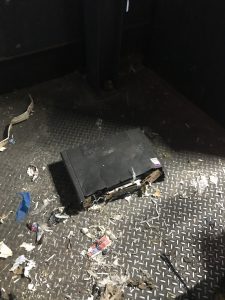
You can’t recycle electronics through regular recycling!
What needs to change
“They are just doing what should have been done years ago,” Mark commented, referring to China’s new, stricter regulations. However, now that China has made the switch, the U.S. also has to find ways to reduce contamination of recycled materials and increase outlets to recycle the material domestically.
Because of the single-stream and automated systems, it is imperative that individuals know what can and can’t be recycled and act accordingly. Gretchen and Mark both mentioned the phenomenon of “wish-cycling” or “aspiration recycling.” This is when someone thinks, “this seems recyclable, so maybe if I put it in the recycling bin it will get recycled.” If there is any doubt, it is better to simply put the items in the trash rather than to contaminate the recycling and increase labor for the workers in the recycling plants.
Materials like plastic film, cords, and other items that tangle easily in particular increase labor for workers at the plant, as they get wrapped around equipment used for sorting and compacting. The equipment is rendered useless until cleared.
Systemic changes also need to occur within the U.S. recycling industry to create more outlets for recycling. One solution is for individual companies to become outlets for specific materials.
If you are often on the Tufts Medford/Somerville campus, you have probably run into a Terracycle recycling bin. Tufts is part of Terracycle’s “Energy Bar Brigade.” Through this program, foil-lined energy bars collected get sent to Terracycle to be recycled and turned into new products. Because the materials collected are so specific and uniform, there is no contamination and it is easy to turn the materials into new products.
Similarly, recently, Tufts has recently started to look into putting out separate collection bins for plastic bags and film, which cannot go in the regular recycling stream. Once collected, these can be sent to Trex, an outdoor decking company. Trex is able to use the plastic film to create new eco-friendly products.
These kinds of new outlets for recyclable materials, if utilized, can help reduce contamination rates of single stream recycling.
Hope on the horizon
 Despite the bleakness of the past few months in the U.S. recycling industry, Mark noted that he is beginning to see the light at the end of the tunnel. Recently, Nine Dragons, a Chinese paper milling company, announced that it will acquire two U.S.-based paper milling plants. This could open up domestic outlets for U.S. waste facilities to send recycling.
Despite the bleakness of the past few months in the U.S. recycling industry, Mark noted that he is beginning to see the light at the end of the tunnel. Recently, Nine Dragons, a Chinese paper milling company, announced that it will acquire two U.S.-based paper milling plants. This could open up domestic outlets for U.S. waste facilities to send recycling.
While this will definitely help the current disastrous situation for the U.S. recycling industry, one or two new domestic mills will not be enough to meet the demand for recycling outlets. Industries, companies, and vendors will increasingly be pushed to create products with recycled materials, or to take back materials that cannot be put in the regular waste streams.
All in all, the trip was an incredibly informative and enlightening experience that is sure to make all of the already environmentally-conscious Eco-Ambassadors even more attentive of what they place in their recycling bins.


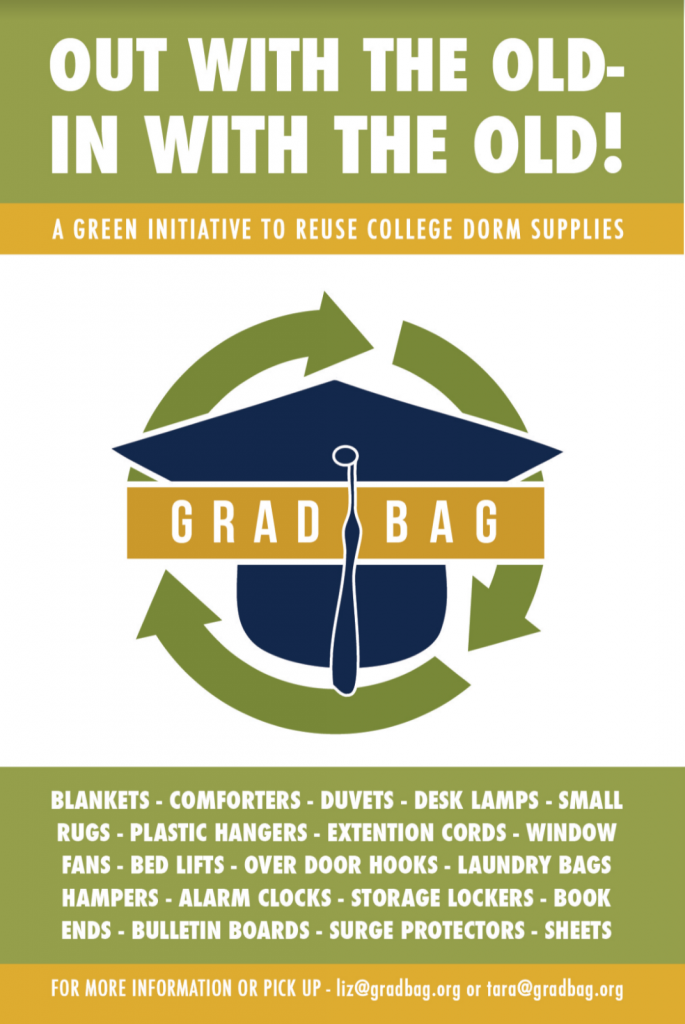
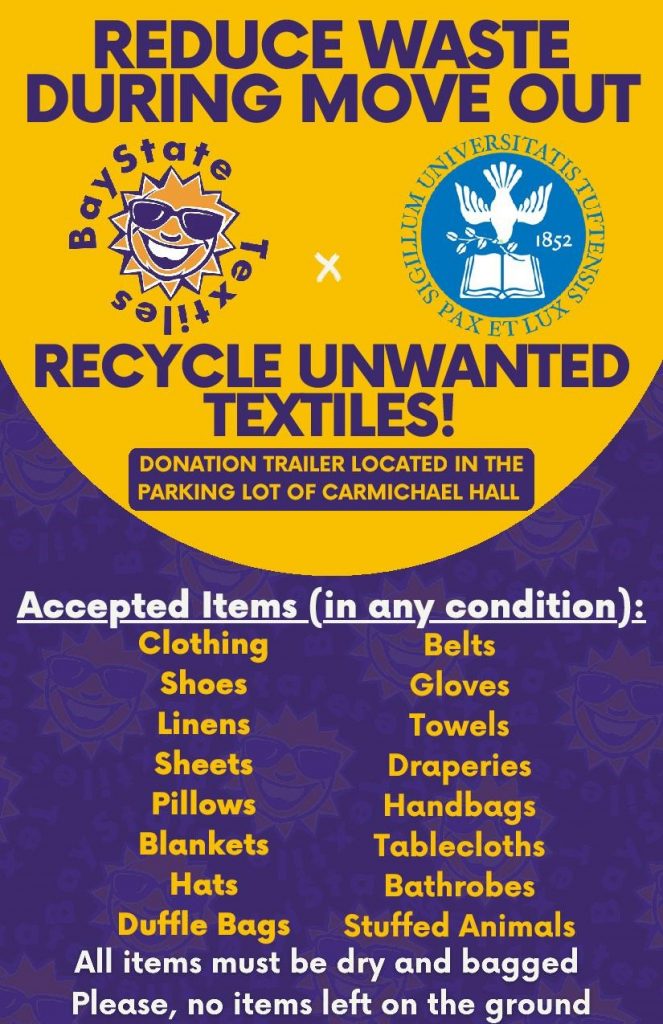
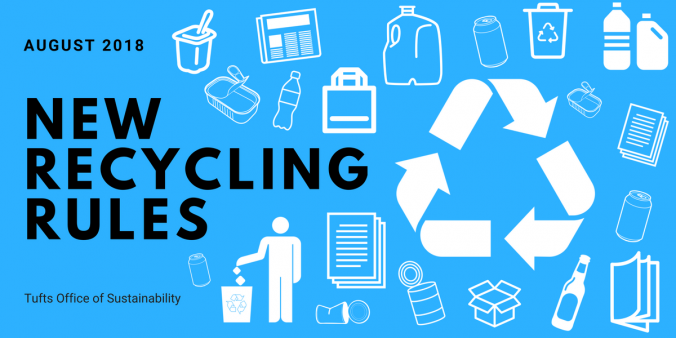
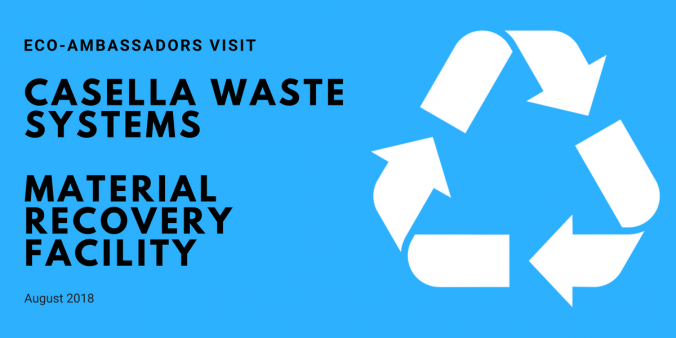




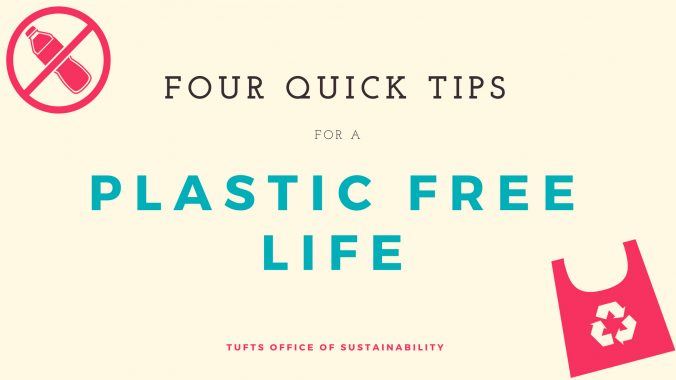
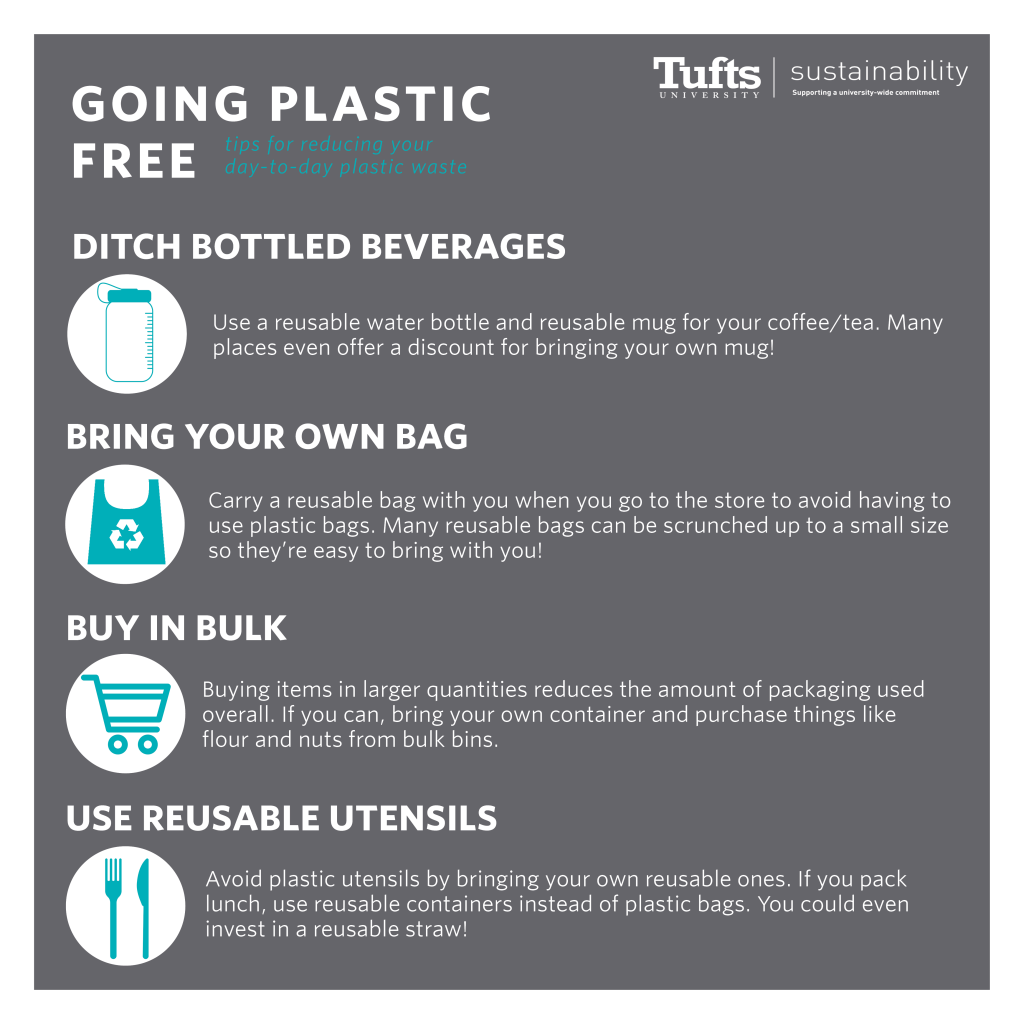
Find Us On Social Media!